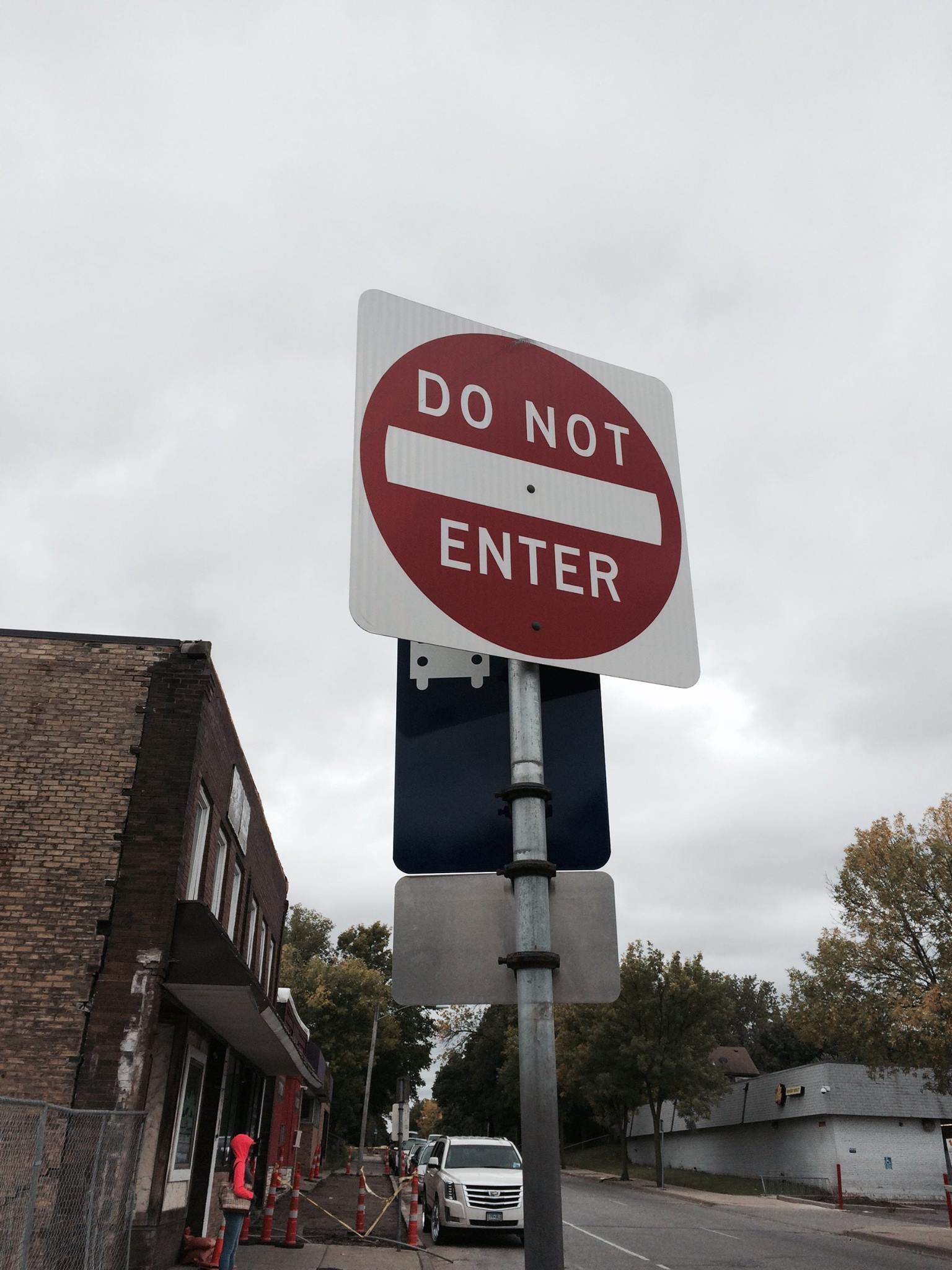Even “The Smallest Cell Remembers”: Notes on Research
Mn Artists guest editor Chaun Webster considers the precariousness of research, evidence and memory in black geographies.

I am a researcher. I work outside the university, have no degree affirming my qualifications to interpret or produce knowledge. Insurgent. I am nobody (see June Jordan, see Alexis Pauline Gumbs). My work involves a kind of listening—echo—in order to recover abbreviated lives. The ones you will not find in the holdings of the Schomburg, or the archives at Yale, or various other institutions. Still submerged. Excess, waste, it incarnates all that has been rendered invisible (Hartman, 115).
Even the smallest cell remembers, M. NourbeSe Phillip taught us this (36). I struggle to believe it. Struggle to reconfigure my own failing optics. What was at 1900 Penn Avenue N again? Who did Angelo Herndon speak to in Minneapolis, the upper Mississippi, in September 1934? How might these matters of place, of blackness, of bodies be represented in ways that do not reify the illegible as the invisible? Why does it matter? Can a geography, imagined black, with a very small waywardly traveling second hand black population—young—can that place recover genealogies many say do not exist here? Even the smallest cell remembers. I want to believe, even as I feel myself disappear.
I live in Minnesota. Blackness is not imagined here. Until it is. Something tragic or terrifying underneath your bed, or hidden in plain sight. Sheeeeeeeit. Excess is a frightening evidence. Some of the first black folks here were among the investments the white elite had in southern agriculture. These “investments” were brought north before the Civil War. These investments had names we do not know. Abbreviated.
I know a litany of names: Jamar, Le’Vonte—know a litany of—Nizzel, Latora. I know too much. Names too often said on the heels of each other, form a kind of palimpsest, cover the last one we have in some way inscribed, in the midst of a ceremony around the body, at the site where the body became memory, a market mocking our short-term memory. I do not know enough.
Echo—are you listening? to the subtext? Somewhere below the white unions’ willful silence around black radical labor struggle in the 30s, somewhere below a black moderate paper’s peripheral acknowledgment of black marxist presence in Minnesota, or at all. Are you listening? For a tradition; not uninterrupted, sometimes in the brush of the strange technology of absence. Can you name it? In the everyday, the exchanges that do not “render” —optics—can you see it in the oppositional practices that are not “obvious”?
“There are other heres”, Alexis De Veaux has taught you this (11). There are other heres, this is a knowledge you’ve kept, there are other heres, and you must map them. Re member, remember even what you have forgot. See M. Jacqui Alexander (278). See the buoy that is the dark matter of black life. Re member an other here.
This article was commissioned and developed by Mn Artists guest editor Chaun Webster as part of the series Blackness and the Not-Yet-Finished.